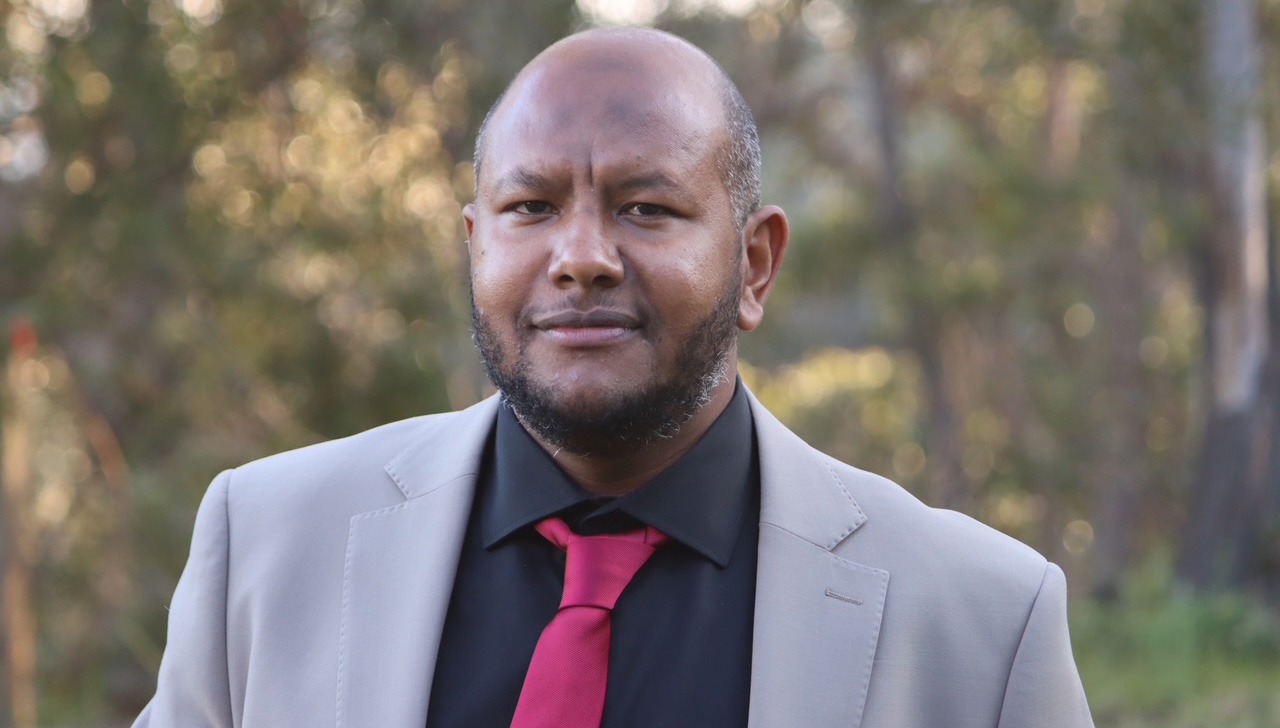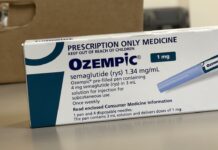With New South Wales recently expanding its pharmacy prescribing trial to include skin conditions, could other jurisdictions soon follow?
The NSW pharmacy prescribing trial has been a resounding success thus far, with thousands of women seeking treatment from their local community pharmacists since the rollout commenced in May 2023.
The number of participating pharmacies in the trial has ballooned from the initial 100 prescribing treatment for uncomplicated urinary tract infection (UTI) in the feasibility study to 1,100 following the expansion of the trial across the state – accounting for almost 60% of the state’s pharmacies.
‘It is fantastic to see that over 6,000 women have visited their community pharmacy to manage treatment for their UTI or extend their oral contraceptive,’ said President of the PSA NSW Branch Luke Kelly FPS.

‘Pharmacists are key to strengthening the healthcare system, and through the NSW pharmacy trial, patients have been able to access safe, quality treatment when and where they need it.’
NSW and Queensland have been at the forefront of pharmacy prescribing trials. The expansion and success of these trials could serve as a blueprint for what’s possible across the nation.
Australian Pharmacist looks at what will change and when, and why governments are increasingly relying on pharmacists to fill healthcare gaps.
What conditions will pharmacists be able to treat?
From March 2024, pending ethics approval, participating NSW-based pharmacists will able to prescribe medicines for the following skin conditions after a private consultation:
- impetigo
- shingles
- dermatitis
- plaque psoriasis.
Facilitating access to timely treatment for impetigo and shingles is crucial to stave off complications.
Impetigo disproportionately affects Aboriginal and Torres Strait Islander children, with repeated infections heightening the risk of developing Acute Rheumatic Fever (ARF) and Rheumatic Heart Disease (RHD).
ARF can be prevented through early detection and appropriate treatment in those who are considered at higher risk.
A third of the population will have shingles in their lifetime, which carries a risk of developing into post-herpetic neuralgia.
Through the expanded trial, pharmacists will be able to provide timely, first-line medicines for the management of straightforward herpes zoster (shingles) in patients over the age of 18.
Pharmacists will also be able to prescribe topical treatments for dermatitis and mild plaque psoriasis under the skin conditions trial, which will run for 12 months.
What will the training look like?
The announcement of the trial expansion came in the same week as the Australian Pharmacy Council (APC) released its accreditation standards around prescribing, which are still subject to Pharmacy Board of Australia approval. This could significantly factor into how the training for the skin trial, among future scope of practice changes, is developed.
‘At this early stage, we are still looking at the implications of the pharmacist prescribing accreditation standards provided by the APC,’ said Lead Researcher Dr Sarah-Dineen Griffin MPS from the University of Newcastle.
‘Concurrently, we are developing the ethics protocol associated with the skin trial. We are looking at various options which will not be decided until February/March next year.’
While the training requirements for the skin conditions trial are yet to be finalised, Mr Kelly said PSA will be on hand to support pharmacists.
‘As the leader in pharmacy education, PSA has already begun work to develop high-quality training for pharmacists to supply treatment for skin conditions under the NSW trial. Training programs will be available to pharmacists in due course,’ he said.
Improving healthcare access
Through the expansion of the trial, patients will receive timely access to treatment for skin conditions – particularly in rural and remote communities, where it can be more difficult to access a GP.
Speaking at the NSW Parliamentary Inquiry into rural health alongside Gunnedah and Narrabri pharmacist Karen Carter MPS last week, Mr Kelly said it is clear that the government sees the potential of pharmacy trials as a way to ease the pressure off an overstretched health system.
‘They are very aware that the solution to these problems is a collaborative, organised approach that uses everyone’s skill set,’ he added.
Given the accessibility of community pharmacists, NSW Minister for Health Ryan Park said the trial ‘offers patients who can’t see their GP another treatment pathway’.
‘Through this trial, we are making it easier and more convenient for people to access the medications they need, but working hard to ensure their care is not fragmented,’ the Minister said.
‘By bolstering the capacity of pharmacies, we can take pressure off other parts of our primary care system, so that those who need them can access them.’
Learn more at the PSA Annual Therapeutic Update
New South Wales pharmacists are invited to join PSA at the 2024 Annual Therapeutic Update (ATU) for a clinical update on dermatological presentations and management options with a focus on conditions in the NSW pharmacy trial.
Pullman Magenta Shores, New South Wales, 16–18 February 2024. Early bird registrations are open now.
Pharmacists can also refer to the PSA CPD Impetigo: a brief overview for more information about this condition.





 Now a PhD candidate, former Sudanese refugee and NSW Pharmacist of the Year
Now a PhD candidate, former Sudanese refugee and NSW Pharmacist of the Year  David North OAM
David North OAM NSW Early Career Pharmacist of the Year Lily Pham
NSW Early Career Pharmacist of the Year Lily Pham







